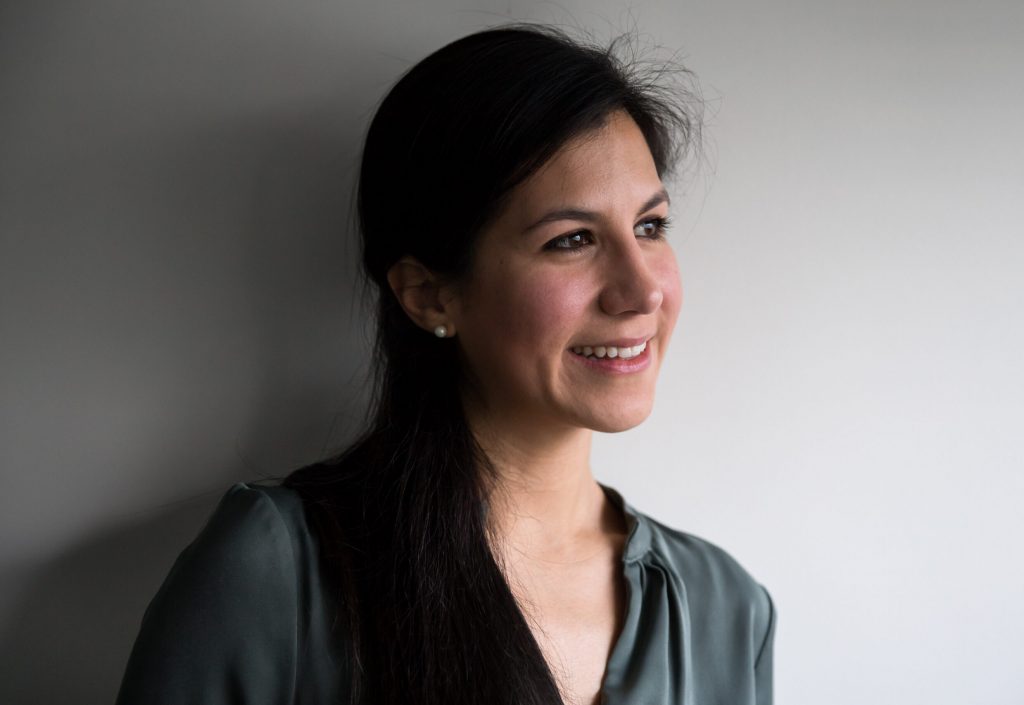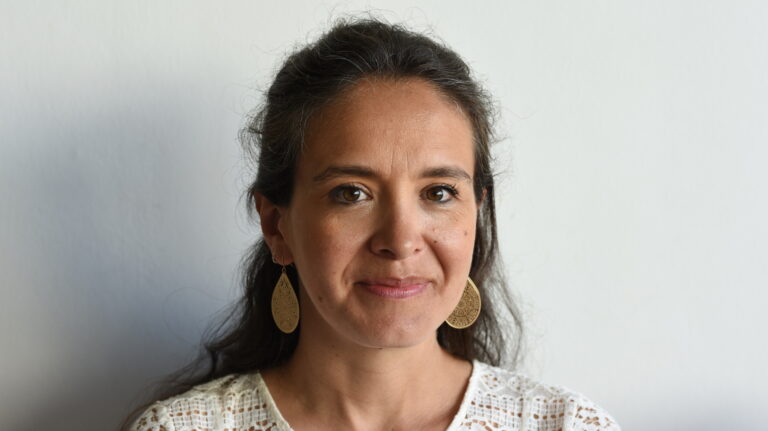Our vision
The Teens are the years where opportunities can be created or closed down.
It is often an uncomfortable time, but also very formative. It is the time when your adult self first emerges and when you begin to make decisions independently from your parents.
Any action that adults can take to protect, encourage and facilitate teenagers’ development will have a positive impact on their future health and well-being.
Our mission
We are committed to supporting adolescents and their families during this phase – allowing teenagers and their parents to fully embrace and enjoy this new stage in life.
We believe that every teenager and their family are different, so the support we offer is personalised towards every client we work with. We know from experience that all cultures and backgrounds bring their own beliefs to parenting an adolescent, and we welcome these differences with an open mind. We truly understand what it is like from a parent’s point of view to raise a teenager and also how the teenager might respond. Our job is to bridge this gap and create a smooth transition into adulthood.
Our philosophy is built on a solid ethical core of empathy, trustworthiness and cross-cultural sensitivity.


